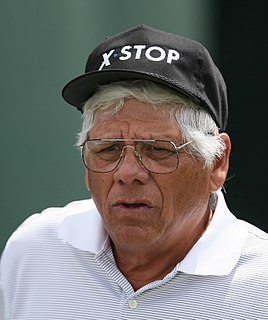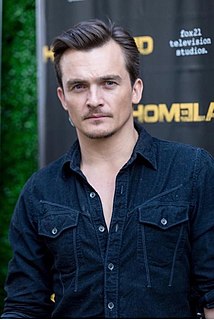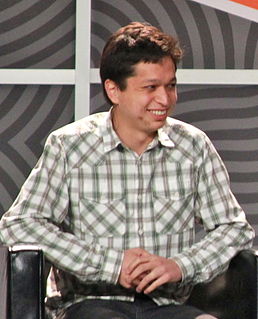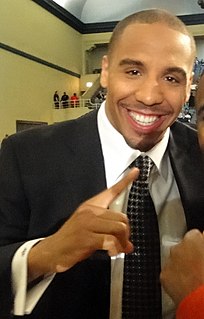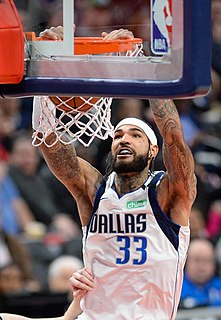A Quote by William Shatner
There's an ecstasy about doing something really good on film: the composition of a shot, the drama within the shot, the texture... It's palpable.
Related Quotes
If I'm ever working on a set and anyone talks about a master shot, I say there is no master shot. Before I even went to film school, I learned about movies by being in a British feature film, where everything was shot master shot, mid-shot, close-up. But I reject the idea of a master shot. You don't shoot everything mechanically; you find imaginative ways that serve the action.
Every shot feels like the first shot of the day. If I'm on the range hitting shot after shot, I can hit them just as good as I did when I was 30. But out on the course, your body changes between shots. You get out of the cart, and you've got this 170-yard 5-iron over a bunker, and it goes about 138.
I think that a lot of the most talented and driven people, they're not super deterred by failure. So if you put out a really big challenge, I think they get reality excited by that - they say, 'Hey, why not, let's go give it a shot, and if we fall short on that, at least we took a shot at doing something really important and meaningful.'
There's nothing worse than an ostentatious shot or some lighting that draws attention to itself, and you might go, 'Oh, wow, that's spectacular.' Or that spectacular shot, a big crane move, or something. But it's not necessarily right for the film — you jump out, you think about the surface, and you don't stay in there with the characters and the story.
I'd like [Santa Claus] to give Wes Anderson, the director, enough money in his next budget for an aerial shot - just a little copter shot. He really wanted this one helicopter shot, and Disney wouldn't give him the money. Just wouldn't give him the money. Every day, he was talking to the studio about this helicopter shot.
The time to hurry is in between shots. It's not over the shot. It's timing how people walk. You have to add that to the equation. If you've got somebody walking slow and they get up to the shot and take their 20 seconds, what's the aggregate time for them to hit that shot in between shots? That's what really matters. It's not the shot at hand.





